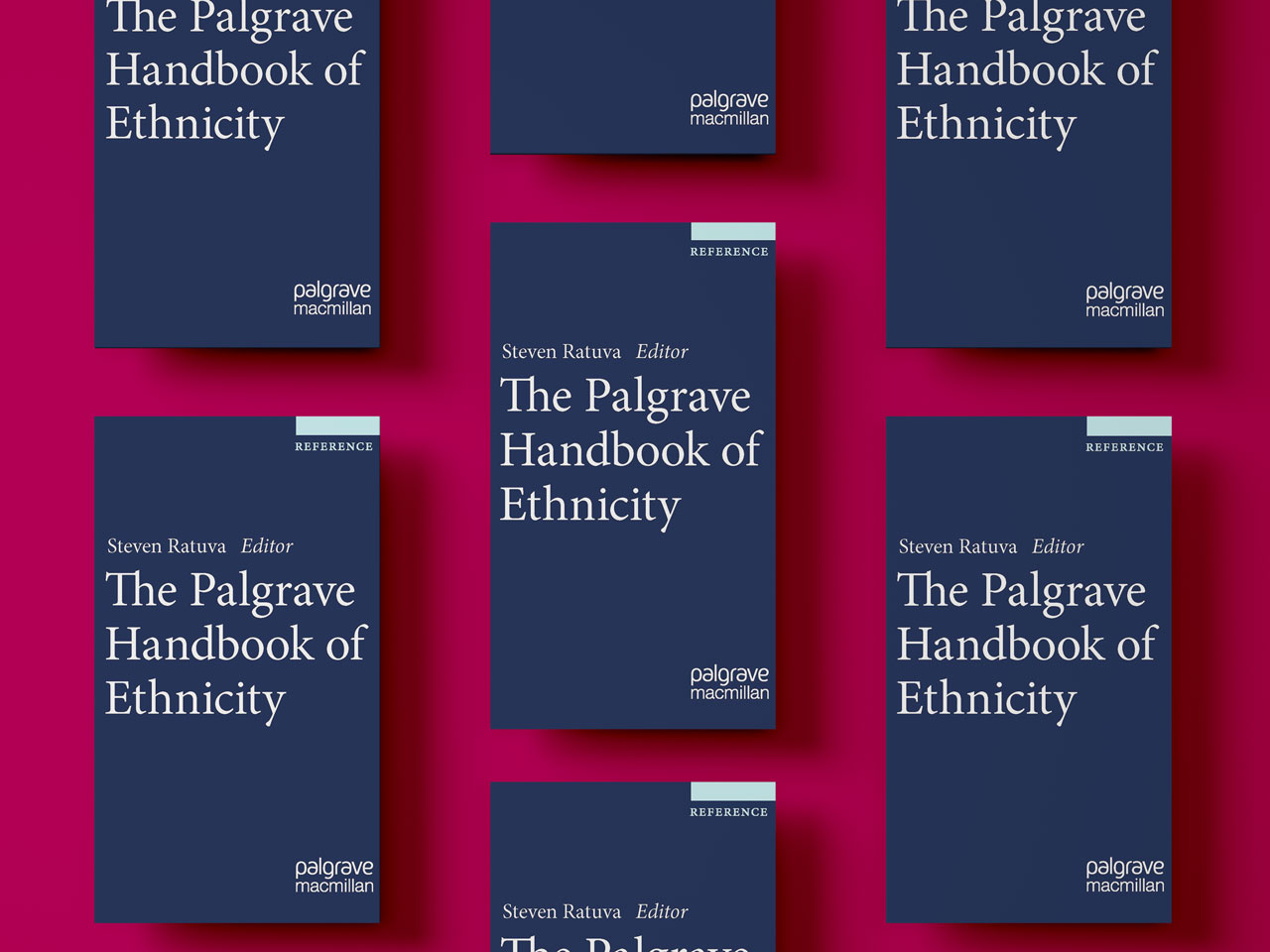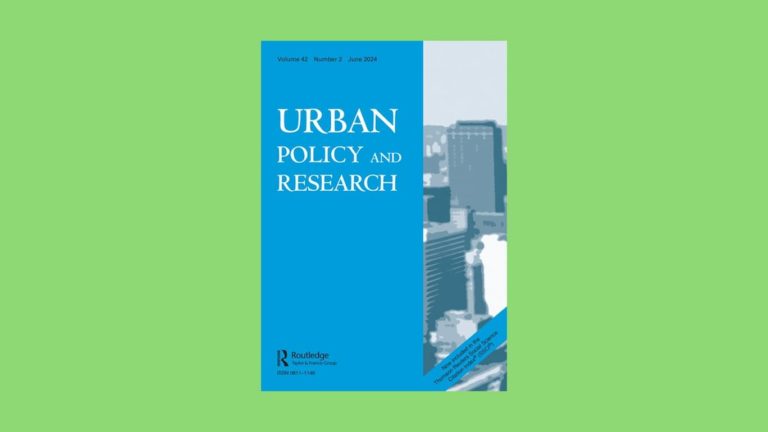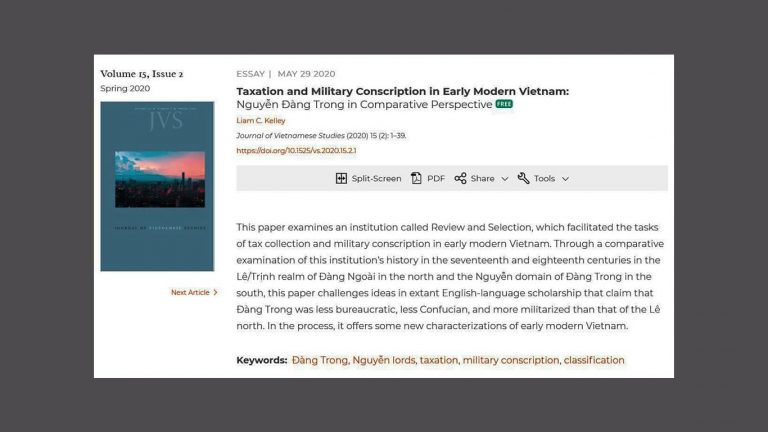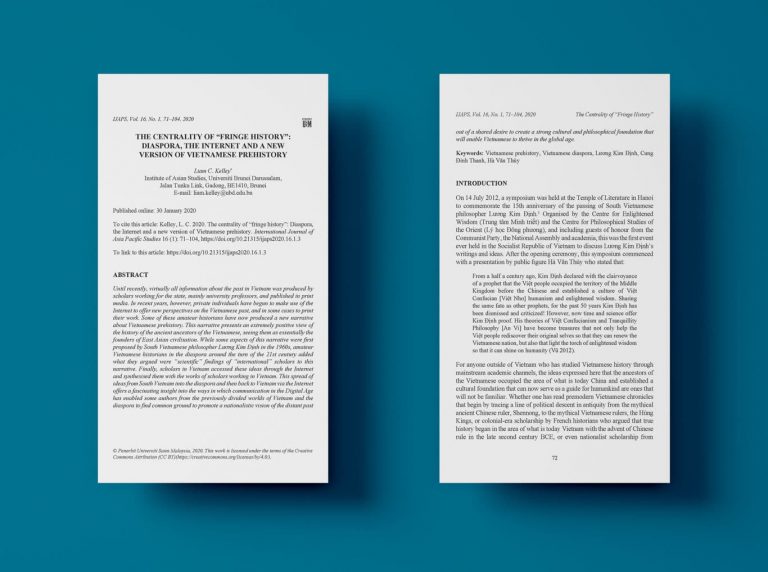Associate Professor Paul J. Carnegie of the Institute of Asian Studies (IAS) at Universiti Brunei Darussalam (UBD) has just published a new chapter on “National Imaginary, Ethnic Plurality, and State Formation in Indonesia” in The Palgrave Handbook of Ethnicity.
This chapter appears with 14 others in a section on Ethno-nationalism and Power that Dr. Carnegie edited for this 3-volume work.
Please see below for an abstract of the chapter by Dr. Carnegie.
Carnegie P.J. (2019) National Imaginary, Ethnic Plurality, and State Formation in Indonesia. In: Ratuva S. (eds) The Palgrave Handbook of Ethnicity. Palgrave Macmillan, Singapore. DOI: https://doi.org/10.1007/978-981-13-2898-5_165
Abstract
Indonesia is a vast and diverse entity of land and sea. It also has a complex history of radicalism, separatism, and rebellion. In fact, numerous scholars have periodically flagged both the centripetal tendencies and disintegrative forces at play in Indonesia. As such, any sort of nationalism capable of bringing together the world’s largest archipelago as a “nation-state” is going to have its work cut out. How then did the nationalist leaders of the fledging republic narrate and structure the nation-state to hold contested social imaginaries and ethnic identities together? The following chapter investigates the implications of the ways in which nationalist leaders in the postcolonial period (1945–1998) forged not just a material state but a nation of the mind.





